Amelia Loken writes Young Adult Fantasy and Contemporary fiction, exploring the courage of people who forge bridges from the shards of old obstacles. Professionally, she’s worked in the Deaf community as an ASL/English interpreter and currently in the field of assistive technology. Not only has she studied sign language, but also swordplay, embroidery, music, theology, disability rights, and the history of pirates; bits of this flotsam turn up in her manuscripts without invitation. Her debut YA Fantasy novel, UNRAVEL, is an Amazon bestseller and tells of Marguerite, a deaf princess who must oust her uncle from his ill-gotten throne relying on her embroidery magic, a homemade invisibility cloak, and the one boy she never should have trusted.
Amelia lives in Arkansas on the edge of a wood with her husband and five sons. Though she technically has no pets, she will feed any animal (or kid) who comes around whining for food.
I had the opportunity to interview Amelia, which you can read below.
Tell us a bit about yourself.
I am a writer who seeks for hope and happy endings in the middle of the storms. Many of my stories center around disability and the d/Deaf community. I worked as a licensed sign language interpreter for several years until I started losing my own hearing. I consider myself an ally and advocate for disability rights even as I fight my own internalized ableism. I’m a grad student, earning a Masters in Public Administration and use ASL interpreters in classrooms settings to support my communication needs.
When life gets hard, my self-care is either reading or creating. Often, I’ll do both. I’ll listen to an audio book with the volume cranked up while embroidering. Stabbing something a hundred times is self-soothing, but eventually the needlework becomes rather beautiful and that’s always so satisfying.
How would you describe your debut book. Unravel, and its origins? What kind of things can readers expect?
Unravel is the story of Marguerite, a deaf princess who has been hiding her embroidery magic from her tyrannical uncle who is waging a war against witchcraft. Everyone believes magic is gendered. Gifted women can use it to make jewelry and charms, enhance meals or make medicines, or stitch it into clothing. For a period of time after they use magic, their aura is visible to men who are voyants – and can condemn them to death. Marguerite can do both. In chapter one, she meets Tys, an itinerant acrobat who is gifted in both too, as they attempt to rescue a child from the witch trials. As Marguerite’s uncle’s power grows, she must flee her kingdom – for safety and to master her craft. The Fates cross her path with Tys’ several times, tangling their lives and their heartstrings. When her uncle makes his ultimate bid for power and Marguerite must challenge him, all she has is the truth, her homemade invisibility cloak, and Tys, the one person she never should have trusted.
When did you know you were first interested in writing, and what drew you specifically to young adult fiction and speculative fiction?
My mom was a children’s librarian, so I practically grew up in libraries. I’ve always loved stories, but never thought of myself as a writer, until it became a tool for me as I battled depression.
I love all sorts of books with magic, alternate history, or interesting futures, but you’ll usually find me reading those books created for young people. I do read some adult fiction, but mostly in the romance genre. I generally steer clear of anything “hardboiled” or bleak. I’m a girl who loves a happily ever after. I’ve dealt with emotional abuse when I was a child and with depression as an adult, so if I’m going to go through a harrowing experience between the pages of a book, it better reward me with something good at the end. I need it for my own mental and emotional health.
How would you describe your writing process? What are some of your favorite/most difficult parts of the process?
I start with the spark of an idea. Do a little exploratory writing. Try to figure out where it’s going. Get some vibes going with a Pinterest board and a playlist. Sketch out a plot. Then I write. Lots of words. All the description! The world-building, clothes, the expressions, all the shrugs, background info. It’s all in there. THEN, I have to figure out what’s the most important parts for the story and move the rest of it into the computer version of an attic. I still have it, but don’t look at it again. I go back through with more precise trimming of the text. Again and again until it’s the right shape and story. Unravel was – at one point – 170,000 words. That’s twice as long as your average YA novel. I whittled it down to about 105,000 words by the time it was published. So cutting back on so much of what feels important can be really hard. It’s the most difficult part for me, but when it’s done, I see that my story is still there – like a rich, complex broth that simmered down to its essence through that process.
The most enjoyable part of the process for me is drafting the story. There’s still so many possibilities. It’s just the story and me. I’m currently in that place with another manuscript right now and it is pure joy!
At any point during your life have you found media (i.e. books, film/television, etc) in which you could see yourself reflected or relating to in terms of personal representation?
I grew up in a family with three siblings, a dependable, loving mom, and an unstable, charismatic father. My dad was intellectually impressive, but struggled with mental health issues, affecting his employment, so we moved often. My siblings and I were each other’s friends no matter where we lived. We became a unit, despite our personality differences. I find this reflected in a lot of ensemble casts and found-family stories. I am a big fan of Avatar: The Lost Airbender. My family watches the full series at least once a year. I love Shannon Hale’s Books of Bayern series beginning with The Goose Girl. I’m anxiously awaiting more books in Susan Dennard’s Truth Witch series. I want to join Kaz, Inej, and Jesper in whatever heist they are planning next on the screen or in Leigh Bardugo’s books. If I’d read the Circle of Magic series by Tamora Pierce when I was a teen, I would have ached to join Briar, Sandry, Daja and Tris at the Winding Circle temple.
Juliette Marillier’s Wildwood Dancing, a retelling of the twelve dancing princesses set in Romania and Crown Duel by Sherwood Smith both have looming, suffocating danger and slow-burn, yearning romance. These recreate the vibe of my teen years and is what I tried to recreate in Unravel.
As someone who is part of the d/Deaf/HOH community, disability seems to be strong element in your work – How did you set about representation in your book, particularly representing a three-dimensional language like ASL onto the page?
I wanted to be sure that sign language was understood as a language and lip-reading as a tool. Often both are minimized as fun party tricks. ASL wasn’t recognized as a language (outside of the Deaf community) until 1965 and there is a history in the United States and elsewhere of sign language users being isolated and even punished for using it. It’s a traumatic part of Deaf culture and Deaf history. I wanted to give readers a taste of what many d/Deaf individuals experience through Marguerite’s story.
She learned “hand language” as a young child, but when her religiously zealous uncle thought her use of it a sign of deviltry, he crushed her dominant hand. When we meet her, she hasn’t signed for twelve years and doesn’t remember using “hand language.” When it is reintroduced, she has a new way of communication that brings freedom. Marguerite’s magic-imbued silver hair combs – which act similarly to bone-conduction hearing aids – are not a “cure” for her deafness, but they are helpful. Between the combs and lip-reading, she is able to understand most of what is said to/around her. However, there are times when she can’t hear everything. I use ellipses to indicate the gap of information. (i.e. “Whilst the trial proceeds…stitch the essence…speed, not precision.”) From context, Marguerite and the reader can puzzle out what’s being said, but when the speaker is too far away or turns their back, whatever is being spoken is totally missing. This reflects my experience and that of others.
Now as for the three-dimensional language, I don’t have specific hand shapes or movements mentioned often. For the average hearing reader, the signs mean nothing. I tried to stay in close first-person point-of-view, so when Marguerite sees signs she understands, she’s not going to think of hand-shape and movement, but of what it means. She sees a sentence: “I can visit you,” rather than the position of fingers and palms. When I do mention signing movements, it’s in moments when Marguerite is struggling to understand what’s being communicated with those particular hand shapes and movements. But most of the time, there will be sentences with he signed rather than he said as dialog tags. My intention is for the message to become more noticeable than the means of communication – until that communication is interrupted or obstructed.
A unique facet of your world building involves craft-based magic. Could you speak about this, and how you might have developed it?
I come from a long line of creative people. My mother and grandmothers were very skilled in baking, cooking, and general homemaking, but my grandmother tried to do a task each day that she wouldn’t have to do again. Dinner must be cooked again tomorrow. Clean laundry will be dirty next week. Canning jars of food will be eaten by next year. So, the women in my family made quilts, curtains, embroidered tea towels, Christmas ornaments, pretty hair ties, home-made jewelry, fashionable (and not so fashionable) clothing. It was economical and a great creative outlet. This thrifty creativity was very much a part of my upbringing though not as common in some of my friends’ homes. I wanted to explore and celebrate the “women’s arts” in this magic system.
You might also notice that many of the books/shows I mentioned above are element-based magic systems. The idea that ‘I can master this, and you/they can master something else and together we coordinate some kind of plan using all our skills,’ is a cooperative perspective centered in my core beliefs. I linked embroidery magic to the element of air in Unravel, and hint at what elements other skills are connected to.
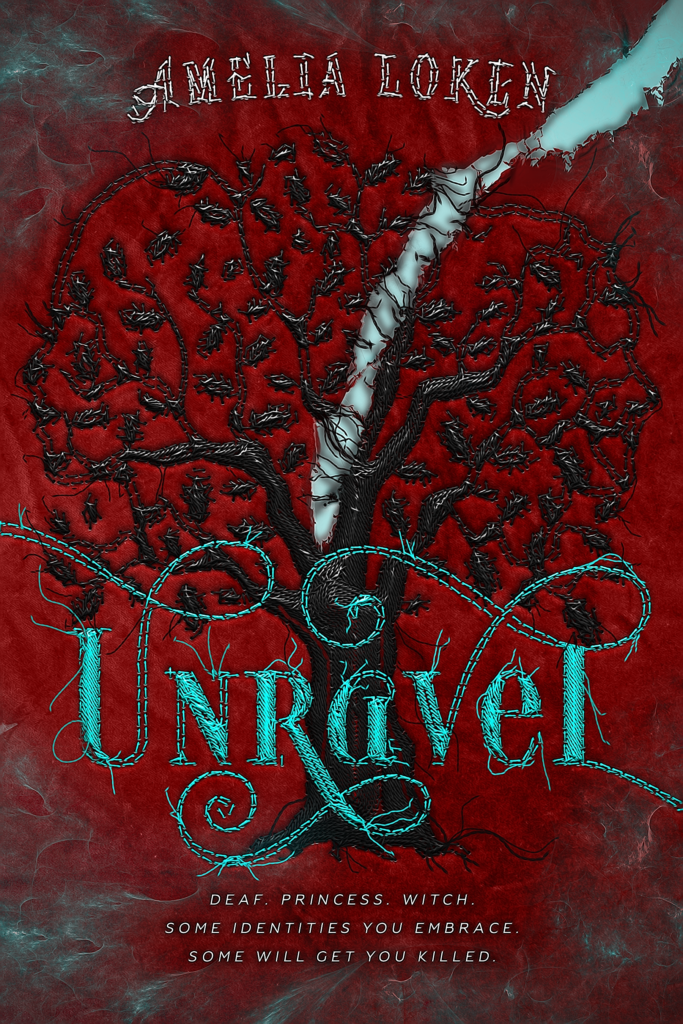
What advice would you give for authors for portraying disability (whether that of their own or of others) within their own work?
Do the work.
I think it’s very important to be own voices when possible, but if not, then you, the author, must do the work to understand what it means to be in this body, facing these obstacles, experiencing this discrimination or fighting against this bias. I am hard-of-hearing, but wasn’t always. I started learning ASL in my twenties and became a serious student for the past thirteen years. I earned a bachelor’s degree in ASL/English Interpreting. I have worked as an interpreter for d/Deaf clients and have d/Deaf friends. Yet, I still had Deaf friends look over my manuscript. There were points they brought up and I corrected. Still, there may be other things I overlooked. But I know that I put in the due diligence necessary to create as authentic as possible characters and situations that would feel real to a d/Deaf readers.
What’s something about deafness/disability you might want someone to take away from this interview?
We are all human. We each are vulnerable, and we are each valuable. There’s no reason to avoid persons with disabilities. Fifteen percent of the world’s population is disabled in some way, but most of us will experience some kind of disability during our life. It might be short-term while recovering from surgery or an injury. It might be longer if disease or age brings limited mobility, sight, hearing, or cognitive function. Reading, especially with first-person point of view from a disabled character, can be the closest thing to experiencing the emotions and perspective of living in a disabled body right now. I invite readers to embrace that experience. Use it to grow your compassion and fight your internalized ableism. Use that compassion to push for equity and accessibility for all.
Are there any projects you are currently working on and at liberty to speak about?
I have a contemporary YA project that centers around a hard-of-hearing, theatre geek who is in denial about her dad’s mental illness until he hits a crisis. When she joins a fencing team, and meets two handsome ASL users (one Deaf, one selective mute) she learns to trust herself, her teammates, and the truth about her gaslighting dad.
The other is a newer project, but I’m having so much fun! It’s a dual POV mash-up of D&D and Steampunk. Zeota is a typical Non-Player Character – an indentured craftsman with low-vision who makes equipment for all the explorers. Since she uses a Brailler to take notes and a white cane around town, no one expects her to go on adventures. When the only survivor of a missing exploring crew stumbles back to town and tells of a “dragon” who attacked them, she’s hard to convince. But when her delivery of his especially commissioned armor goes awry, she finds herself stuck in the Wilds on a journey she’s always dreamed of, partnered with her one-time crush who’s been hiding his hearing loss from everyone. Unfortunately, it’s a race against a rogue crew who believe the news of a dragon in the Wilds and plan to bring it back to civilization, dead or alive.
What general advice would you give to aspiring writers?
The first is to develop your craft. This can be done in a variety of ways. Writing-craft books are definitely a go-to for me. I also love that there’s so many podcasts out there with writers and writing advice. I’ve sampled some free online writing resource classes, too. There’s also a lot of great learning opportunities through writing organizations. Find one that fits you and your chosen genre and dive in! I’ve been a member of SCBWI since 2012, and though there have been some issues with leadership that have come to light, I have gained so much from this volunteer-driven organization. The conferences and meet-ups have offered good tutelage in writing craft and how to get started in publishing. Often there are editors, literary agents, and more established writers on faculty who share bits of truth that applies to whatever I’m currently struggling with. That said, I don’t believe there is ever ONE piece of advice that fits all, so I’d advise taking it all with a grain of salt and to sample widely.
I also believe that developing a “writer’s room” for yourself is really important. I’m using the term “writer’s room” to include any critique group, critique partners, or other writing pals you may have. Critique partners and groups can be found through writing organizations, like SCBWI, which is how I found my first group, as well as online, through book clubs, or even your local coffee shop. I’ve been a member of several critique groups sometimes multiple groups/partners at once. Each one had a different feel and were of varying sizes from nine to three. Notice if your “writer’s room” looks just like you and try to make/keep it diverse: writers who have skills you admire, those who may be newer at the game but could use some pointers, writers with different backgrounds and life experiences. Developing more relationships and wider circles (even if just acquaintances) can help you if/when you find yourself in a weird (read: toxic) situation. When things get awkward and you question yourself –
Is it me? Is it really that bad? Maybe their harsh criticism really is the truth?
Creating your “writer’s room” means you’re never dependent on just one person or group for writerly advice. Even if you’re “just acquaintances,” most writers are happy to offer you a gut check if your crit group is heading toward AITA drama.
Finally, are there any books, particularly books showing disability/deaf rep you would recommend to the readers of Geeks OUT?
A great start is the graphic novel, El Deafo, by CeCe Bell. It’s an autobiographical story that is frustrating as well as heart-warming.
If you’re into creepy, older YA, you should definitely pre-order Kelly Andrew’s debut novel, The Whispering Dark, coming out this fall. Kelly is Deaf, as is her protagonist in this dark academia, enemies-to-lovers novel with an Orpheus/Euridice vibe.
Sara Novic’s debut novel, Girl At War, which revolves around the Yugoslav Wars of the 1990s, broke my heart a few years ago. I discovered she is Deaf and follow her on Twitter for pithy, anti-ableist nuggets. I’m looking forward to her deaf-centric novel True Biz which comes out this Spring.
I’m super excited about All for One, which is a gender-bent retelling of the Three Musketeers by Lillie Lainhoff. The author and the main character, Tania, have the chronic illness POTS. Characters and individuals with chronic illness or disability can fight injustice and defeat bad guys. They might need to wait until they have enough spoons, but then watch out!
I’ve also enjoyed the Bergman Brothers adult romance series by Chloe Liese. The first book, Only When It’s Us, has a frenemies-to-lovers vibe with a deaf leading man. The other books have all the classic tropes I enjoy in romance and seamlessly include main characters who have chronic illness, anxiety, and neurodivergence. The next book coming out is a m/m romance with the next brother in the family line-up.
A great non-fiction book is Read This to Get Smarter: About Race, Class, Gender, Disability, and More by Blair Imani, a queer, black activist, author, and historian.
Other great books: Feeling Like Home by Haleigh Wenger explores Crohn’s disease in a teen who gets thrills from vandalism. Padma Venkatraman’ novel, A Time to Dance centers around a dancer who’s had a below-the-knee amputation and is trying to recapture her joy of the art while using a prosthetic. Oh, and I have to include Unbroken, an anthology starring disabled teens, written by disabled authors, and edited by Marieke Nijkamp.
There are also many great individuals and resources online that have helped me examine my own internalized biases and live like a better human:
Spencer West – double amputee, wheelchair user and motivational speaker: www.spencer2thewest.com
Deaf rapper Warren Snipe aka ‘Wawa’ www.diphopwawa.com
Blair Imani – Author, activist, and historian. Creator of #smarterinseconds www.blairimani.com
Respect Ability: Exploring intersectionality of LGTBQ+ people with disabilities www.respectability.com
Blind LGTB Pride International: www.lgtbpride.org
Rainbow Alliance of the Deaf: www.deafrad.org

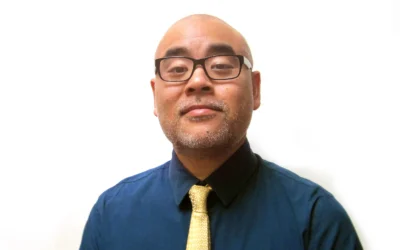
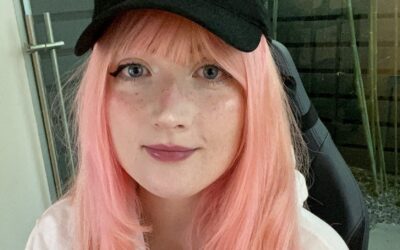
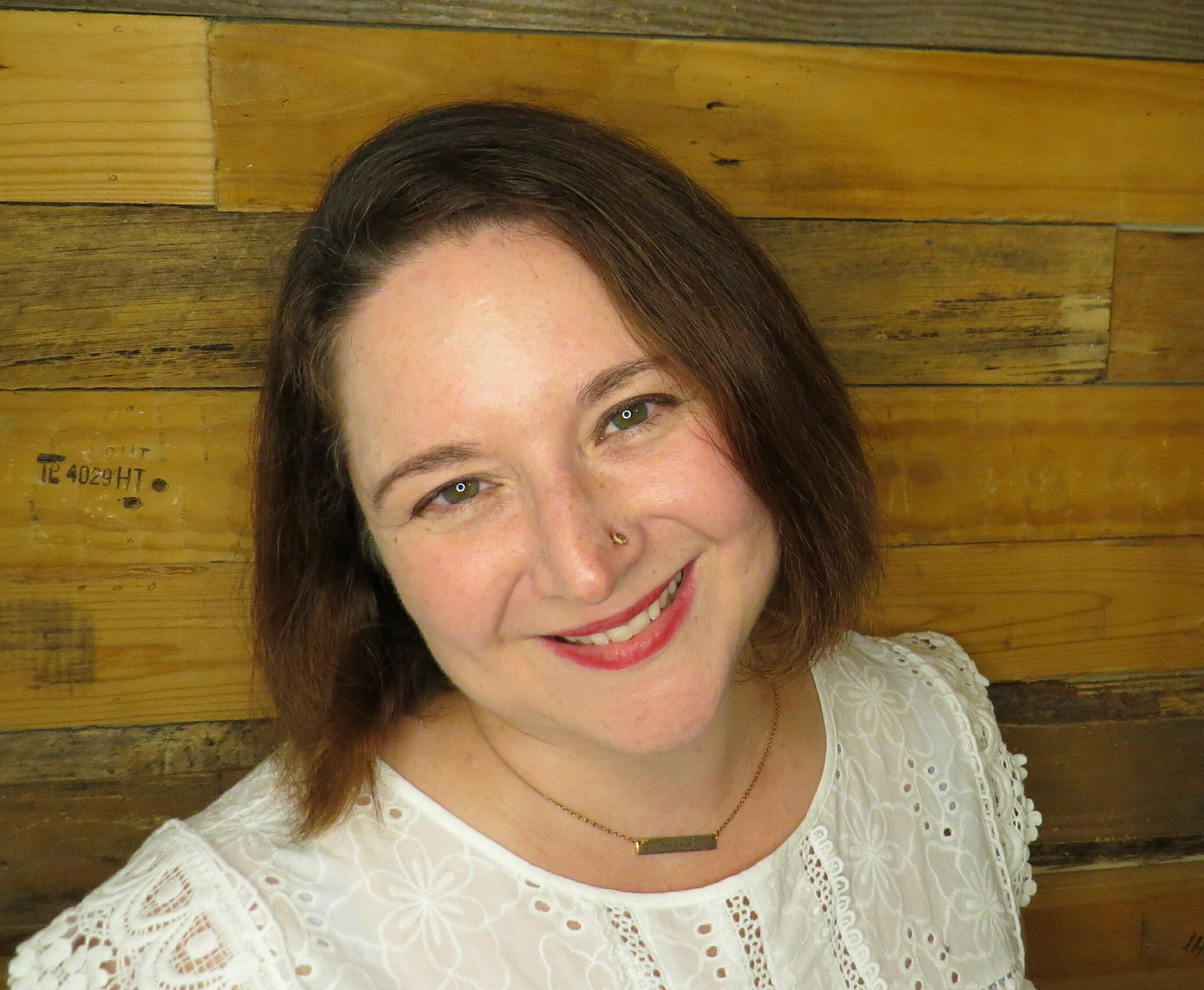
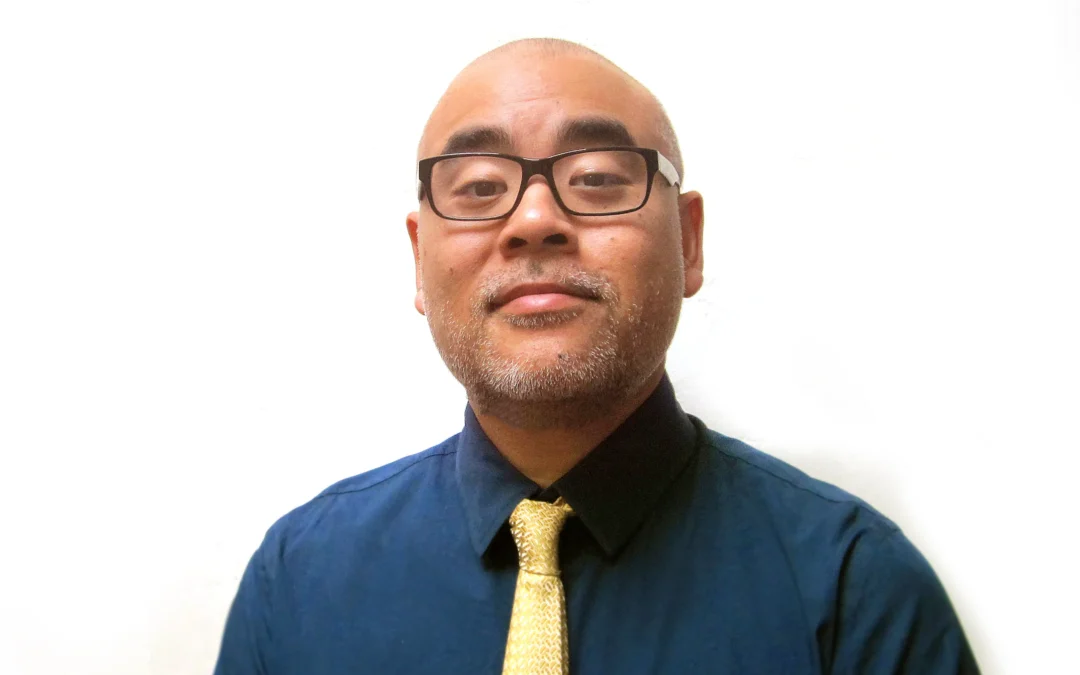
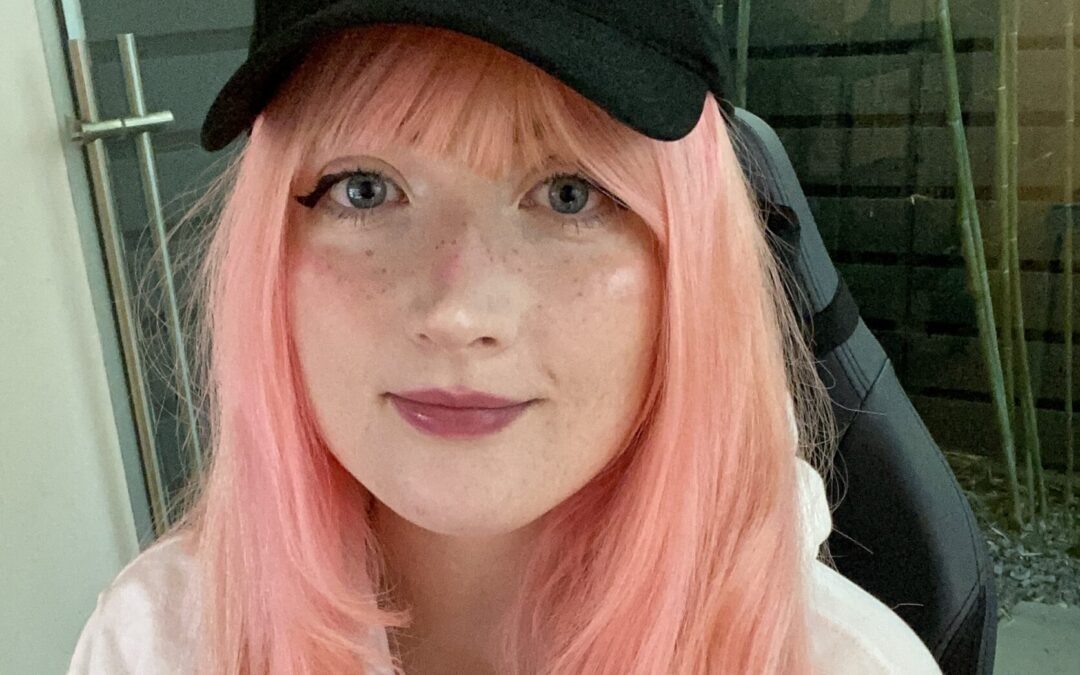
0 Comments